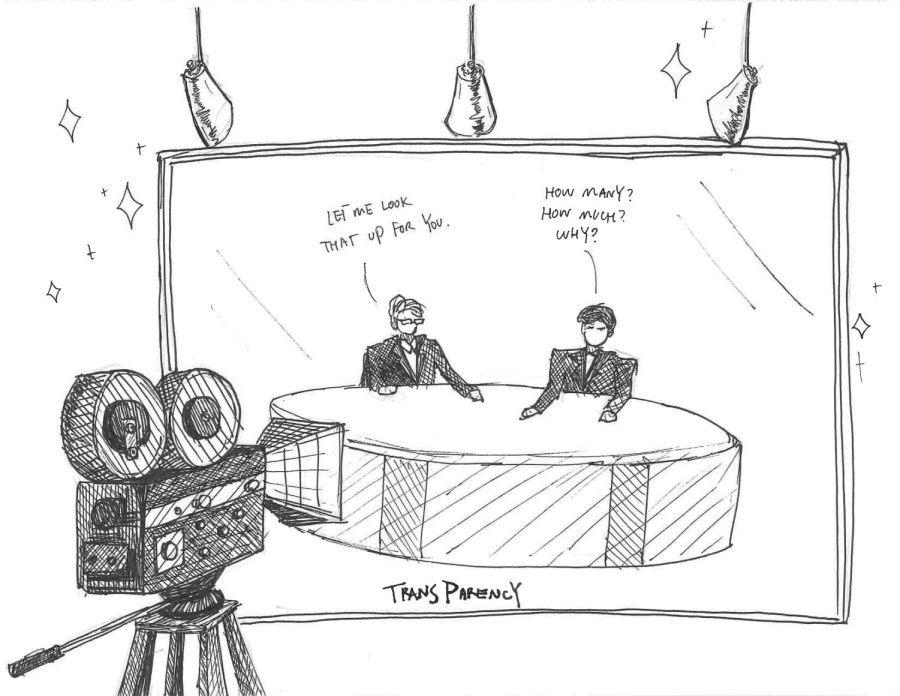Central administrators’ collaboration with student journalists is exemplary
April 26, 2022
From providing interviews to complimenting stories to celebrating Central Times’ achievements, Naperville Central school administrators have been supportive of the Central Times and transparent with the school community.
In this editorial, we would like to acknowledge the continued effort on the part of Central administrators to ensure open and clear communication with our community. Not only has it helped provide our school with good journalism, but it is also reflective of a culture of openness and authenticity.
For instance, Carrie McFadden, assistant principal for operations, helped with our feature this month by answering our questions over a weekend and looking for reports from years ago. Last week, Jackie Thornton, assistant principal for curriculum and instruction, carved time out of her busy schedule to talk to our reporters. We often see Principal Bill Wiesbrook out in school hallways, conversing with students. He’s always responsive to our emails and actively works to fit in interviews.
Similarly, many others like dean Jennifer Prerost, Lynne Nolan, dean of student activities, and dean Kathy Howat have continued to actively participate in interviews and help provide our community with good journalism.
Central Times, like every other journalistic publication, has a responsibility to serve the community by explaining and clarifying. This year, we have published stories that have helped the District 203 community better navigate current, local happenings. This would not be possible without the continued support and transparency of school administration.
We appreciate our school administrators’ recognition of the importance of high school journalism. It has encouraged many members of our staff to step out of their comfort zones and reach out to school-level administrators. Their efforts to go above and beyond, and by contributing to our work, they contribute to improving the Central learning environment for everyone.
Unfortunately, our attempts to interview important sources beyond the walls of Naperville Central have not been met with the same spirit of cooperation. In this past year, we have encountered some authority figures within our community who have denied or obstructed our interview requests, which has consequently stalled our reporting to the detriment of our community.
Across the nation, public officials seem to be less willing to talk to journalists, like when Chicago Mayor Lori Lightfoot instructed aides to cold shoulder Chicago Tribune reporter Gregory Pratt in 2020. Deliberately limiting access to people of authority not only damages the ability of journalists to report with accuracy, but causes communities to lose out on the information that pertains to them the most.
What’s more, for relevant stories, these figures of authority—from police departments to public health officials—have the most holistic and well-versed perspective to offer. Their insights are absolutely crucial to the public’s understanding of policies that affect them, from how taxpayer funds are spent to COVID-19 mitigation strategies.
When those in charge play gatekeeper, stall the reporting process and offer information only in the form of formal press releases or one-line email answers, reporters lose critical resources. As a result, the entire community loses out on information.
As journalists, we understand that everyone, no matter how valuable their opinion or expertise may be, has a right to remain silent and deny an interview. We acknowledge that they don’t have unlimited time for the press.
However, rather than being adversaries, journalists like us hope to work together with public officials in the name of quality reporting. Making an effort to accommodate an interview here or there, which our school administrators consistently do, goes a long way. We hope this partnership continues into the future.








Judy Smudy • Apr 26, 2022 at 10:10 pm
A to the Men AMEN